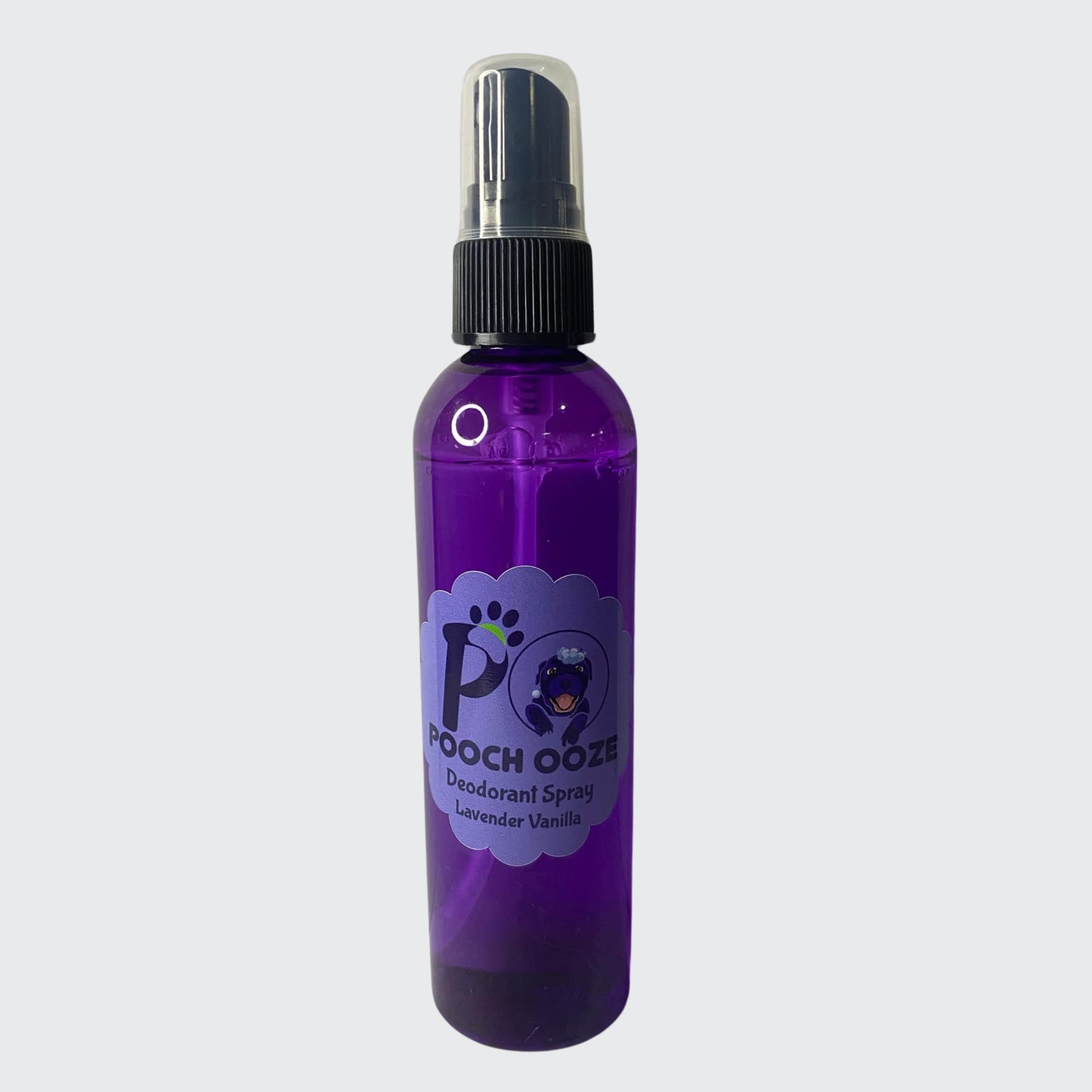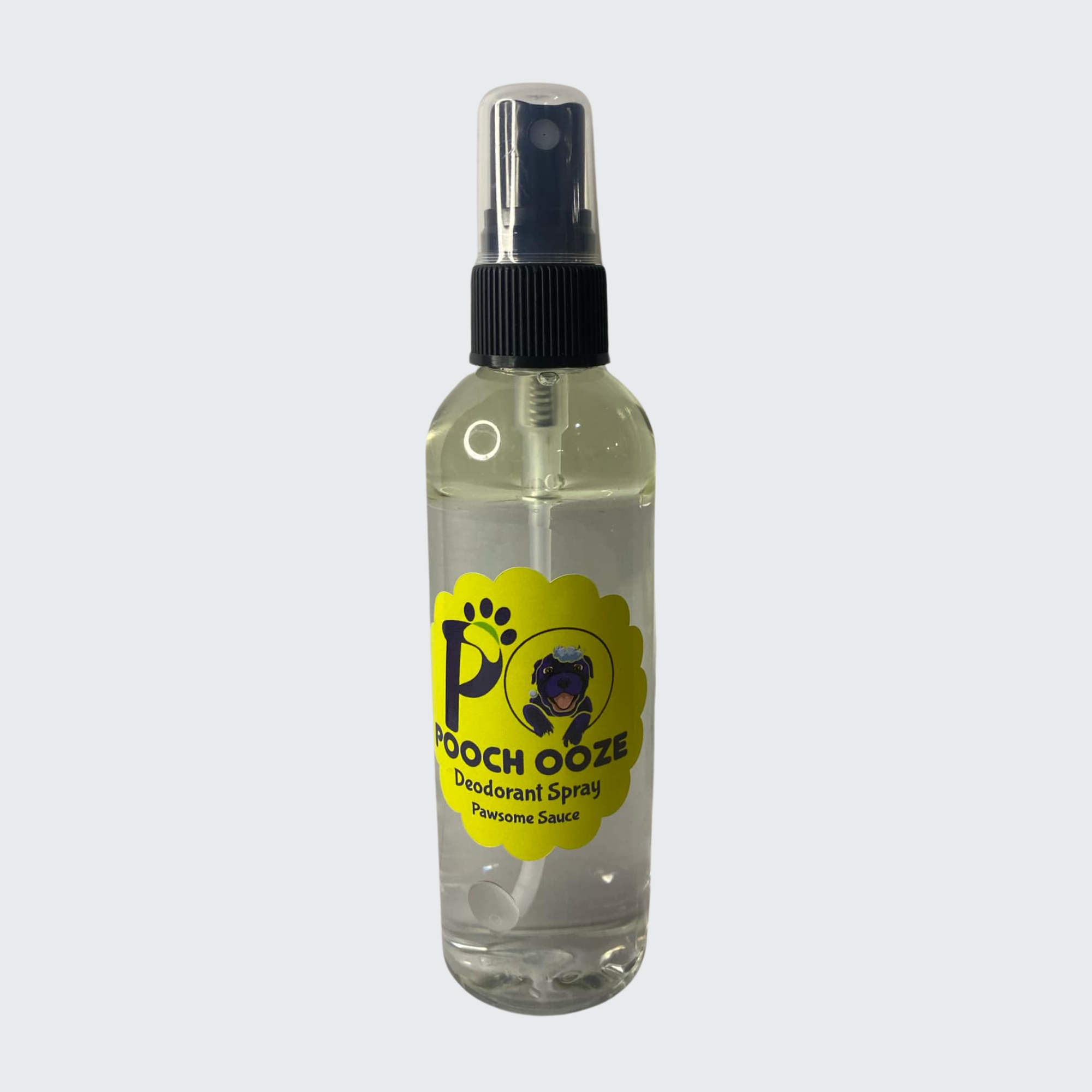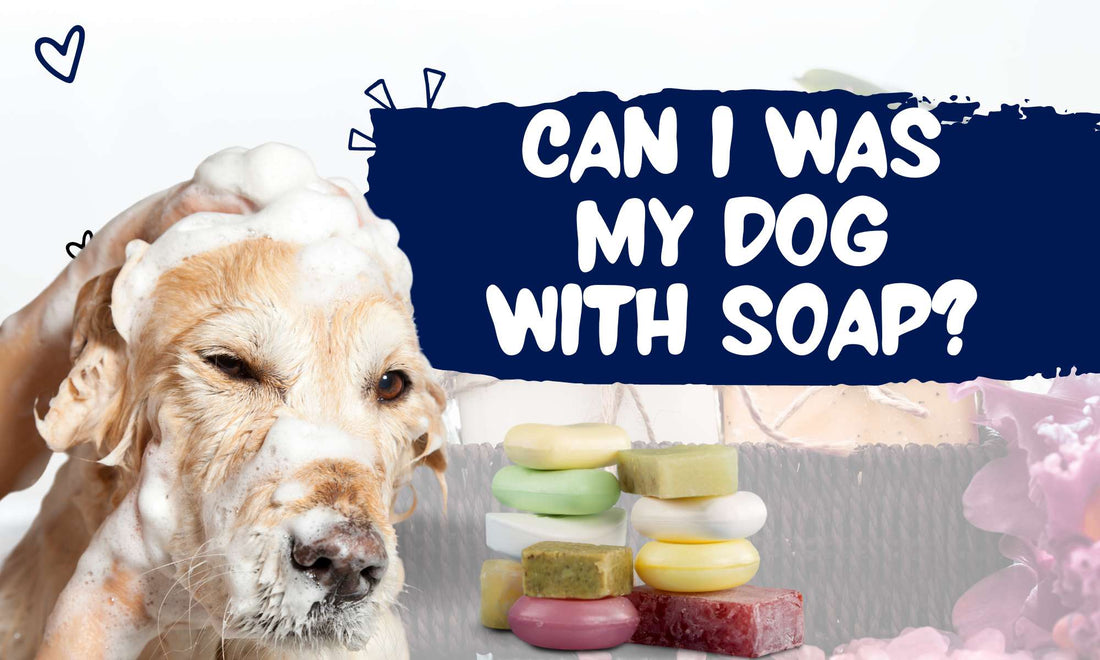When the time for bathing your furry friend arrives, utilizing products specifically designed for dogs is the ideal approach to keeping them clean. However, what if you find yourself in a situation where you run out of dog shampoo? Is it safe to substitute it with regular soap meant for humans?
During moments like these, it's important to exercise caution and consider the specific needs of your pet. While using soap formulated for people on your dog might seem like a convenient solution, it's not always the best choice. The pH levels and ingredients in human soap can differ significantly from those in dog shampoo, potentially causing skin irritations, dryness, or other adverse reactions in your canine companion.
To ensure the well-being of your dog's skin and coat, it's advisable to stick to products designed specifically for dogs. If you run out of dog shampoo unexpectedly, it's best to consult with your veterinarian or a professional groomer for guidance on alternative options or homemade remedies that are safe and suitable for your dog's unique needs.
Remember, the health and comfort of your beloved pet should always be a top priority, even when it comes to something as seemingly simple as choosing the right bathing products.

Understanding Your Dog's Skin and Coat
Before diving into the specifics of washing your dog, it's crucial to understand the unique characteristics of their skin and coat. Dogs have more sensitive skin compared to humans, making it essential to use products that are specifically formulated for their needs.
What Are the Best Options for Washing My Dog?
To effectively wash your furry companion, it's important to choose the right products that cater specifically to dogs. Dog shampoos formulated with gentle detergents are highly recommended for maintaining canine skin health. These shampoos provide adequate support to the skin without causing irritation, ensuring they do not disrupt the pH balance. The pH scale measures the acidity or alkalinity of a substance, with a neutral pH being 7.0. Dogs typically have a skin pH ranging from 5.5 to 7.5, whereas human skin pH tends to fall between 4.0 to 6.0.
Using soap, which tends to be more alkaline with a higher pH, instead of detergents can elevate the pH level of your dog's skin. This may lead to disturbances in the natural acid mantle, a protective barrier on the skin. When purchasing dog shampoo, it is crucial to check the label and ensure that the product is pH-balanced specifically for dogs. Some dog shampoos even contain natural skin moisturizers such as vitamin E or aloe vera, providing soothing benefits.
While high-quality dog shampoos may sometimes come with a higher price tag, a little goes a long way. It's worth noting that you don't need excessive amounts of shampoo to achieve a thorough wash. Manufacturers often recommend using only a small quantity of the product mixed with water. It's advisable to prepare a fresh dilution of shampoo for each bath and discard any unused mixture to prevent bacterial growth.
When browsing for dog shampoos, you'll come across various types designed for specific needs, such as hypoallergenic conditions or tailored formulas for oily, dry, or long coats. If you're uncertain about which dog shampoo to choose, seeking recommendations from your breeder, veterinarian, or groomer can be helpful in making an informed decision.
By selecting the right dog shampoo and following proper bathing practices, you can ensure that your dog's skin remains healthy, clean, and comfortable. Always prioritize the well-being of your beloved pet when it comes to their bathing routine.
The Role of Soap in Dog Grooming
Soap can be a useful tool in maintaining your dog's cleanliness and overall hygiene. However, it's crucial to select the right soap and follow proper techniques to prevent any adverse effects on your pet's skin and coat.
Is it Safe to Use Human Shampoo on Dogs?
While it is technically possible to use human shampoo on dogs, it is important to note that prolonged use can have negative effects on their coat and skin health. Using human shampoo on dogs may result in dryness, itchiness, and a lackluster appearance over time. This is because human shampoo is specifically formulated to replenish the outer layer of human skin, which differs from the needs of a dog's skin.
Human shampoo is designed to match human pH levels, but the pH of a dog's skin is different. Regularly using human shampoo on dogs can disrupt the natural balance of their skin, leading to potential issues. Additionally, certain human shampoos may contain artificial additives, dyes, and perfumes that can cause skin irritation and allergies in dogs.
While one or two baths with human shampoo may not cause immediate harm to your dog, it is best to avoid using it regularly. To ensure the well-being and optimal coat condition of your furry friend, it is recommended to use shampoos specifically formulated for dogs. These dog-specific shampoos take into account the unique pH levels and needs of canine skin, promoting a healthy and vibrant coat without causing discomfort or adverse reactions.
When it comes to maintaining your dog's cleanliness and hygiene, it's always wise to prioritize their specific needs and use products tailored for them. Choosing a high-quality dog shampoo will contribute to their overall well-being and keep their skin and coat in top condition.
Is It Safe to Wash My Dog with Dish Soap?
When it comes to washing your dog, using dish soap is not a recommended option. Dish soap, which is primarily designed to cut grease and clean kitchenware, is not suitable for bathing your furry companion.
Dogs have natural oils on their skin that help maintain proper hydration and keep their coat soft and glossy. Dish soap, being a degreaser, eliminates these natural oils, which are essential for the health of a dog's coat. While some dish soap brands may claim to be gentle, they can still cause irritation and discomfort to a dog's skin.
It's worth noting that wildlife professionals might use certain dish detergents to clean waterfowl after oil spills as a last-resort measure to save their lives. However, this does not mean that the same product is suitable for washing pets. The harsh nature of dish soap makes it unsuitable and potentially harmful for your furry friend.
In addition, if dish soap accidentally comes into contact with your dog's eyes, it can cause irritation. Moreover, dish soaps tend to produce excessive lather, making it time-consuming and challenging to rinse thoroughly.
To ensure the well-being and safety of your dog, it is recommended to use specially formulated dog shampoos that cater to their specific needs. These shampoos are designed to cleanse without stripping away the natural oils and are gentle on the skin. Always prioritize the use of products that are specifically made for dogs to maintain their coat health and overall comfort.
Is it Suitable to Use Baby Shampoo for Washing Dogs?
Gentle baby shampoos with a balanced pH can be suitable for dog breeds with little to no hair or short coats. Baby shampoo has the advantage of being less likely to cause dryness to the skin and is safe to use when bathing puppies. Moreover, it possesses the ability to provide relief to irritated skin. It is important to ensure a thorough rinsing of your dog to eliminate all traces of suds, just as you would with a canine-specific shampoo. Subsequently, make use of warm towels or a low setting on a canine dryer for the drying process.
Choosing the Right Soap for Your Dog
When selecting a soap for your dog, it's important to opt for a product that is specifically designed for canine use. Here are some key factors to consider when choosing the right soap:
PH-Balanced Formulation: Dogs have a different pH level compared to humans, so using a soap with a pH balance suitable for their skin is crucial. Look for soaps that are explicitly labeled as "pH-balanced for dogs" to ensure optimal skin health.
Hypoallergenic and Fragrance-Free: Dogs can have sensitive skin that may react to harsh chemicals or strong fragrances. Choosing a hypoallergenic and fragrance-free soap minimizes the risk of skin irritation or allergies.
Natural Ingredients: Look for soaps that contain natural ingredients such as oatmeal, aloe vera, or coconut oil. These ingredients can help moisturize and soothe your dog's skin, providing additional benefits during the bathing process.
The Importance of Proper Bathing Techniques
Now that you have chosen the appropriate soap, let's delve into the best practices for bathing your dog:
Preparation: Gather all the necessary bathing supplies, such as the soap, towels, and a non-slip mat to ensure a safe bathing experience. Brush your dog's coat before the bath to remove any tangles or loose fur.
Water Temperature: Use lukewarm water to ensure your dog's comfort. Water that is too hot or too cold can cause distress or discomfort.
Wetting and Lathering: Thoroughly wet your dog's coat with water, avoiding their face and ears. Apply a small amount of the chosen soap and lather it gently into their fur, paying special attention to areas that may be dirty or prone to odor.
Rinsing: Rinse your dog's coat thoroughly, ensuring that no soap residue remains. Leftover soap can cause skin irritation or dryness.
Drying: Use a soft towel to gently dry your dog's coat. If your dog has a long or thick coat, you may also consider using a pet-specific hairdryer on a low, cool setting to speed up the drying process. Be cautious and keep the dryer at a safe distance to prevent overheating or discomfort.
Frequency of Dog Bathing
The frequency of bathing your dog depends on several factors, such as their breed, activity level, and overall cleanliness. In general, most dogs benefit from a bath every four to six weeks. However, certain breeds with specific coat types may require more frequent or less frequent baths. Consult with your veterinarian or a professional groomer to determine the optimal bathing schedule for your dog.
Conclusion
In conclusion, washing your dog with soap can be a safe and effective way to maintain their cleanliness and hygiene. By following the expert advice and best practices outlined in this guide, you can ensure that your dog's bathing experience is not only effective but also safe for their skin and coat.
Remember to choose a soap that is specifically formulated for dogs, with a pH-balanced and hypoallergenic formula. Natural ingredients can provide added benefits, such as moisturizing and soothing properties. Proper bathing techniques, including using lukewarm water, thorough rinsing, and gentle drying, will help keep your dog comfortable and prevent any potential skin irritation.
It's important to establish a bathing frequency that suits your dog's individual needs, taking into account their breed, activity level, and overall cleanliness. Regular bathing, typically every four to six weeks, can help maintain their hygiene without overwashing and stripping their coat of essential oils.
At Pooch Ooze we prioritize the well-being of your furry companion. By following these guidelines, you can confidently wash your dog with soap, knowing that you are providing them with optimal care and hygiene.
Remember, a clean and healthy dog is a happy dog. Enjoy the bonding experience of bathing your canine friend, and watch them thrive with a shiny coat and fresh scent.



